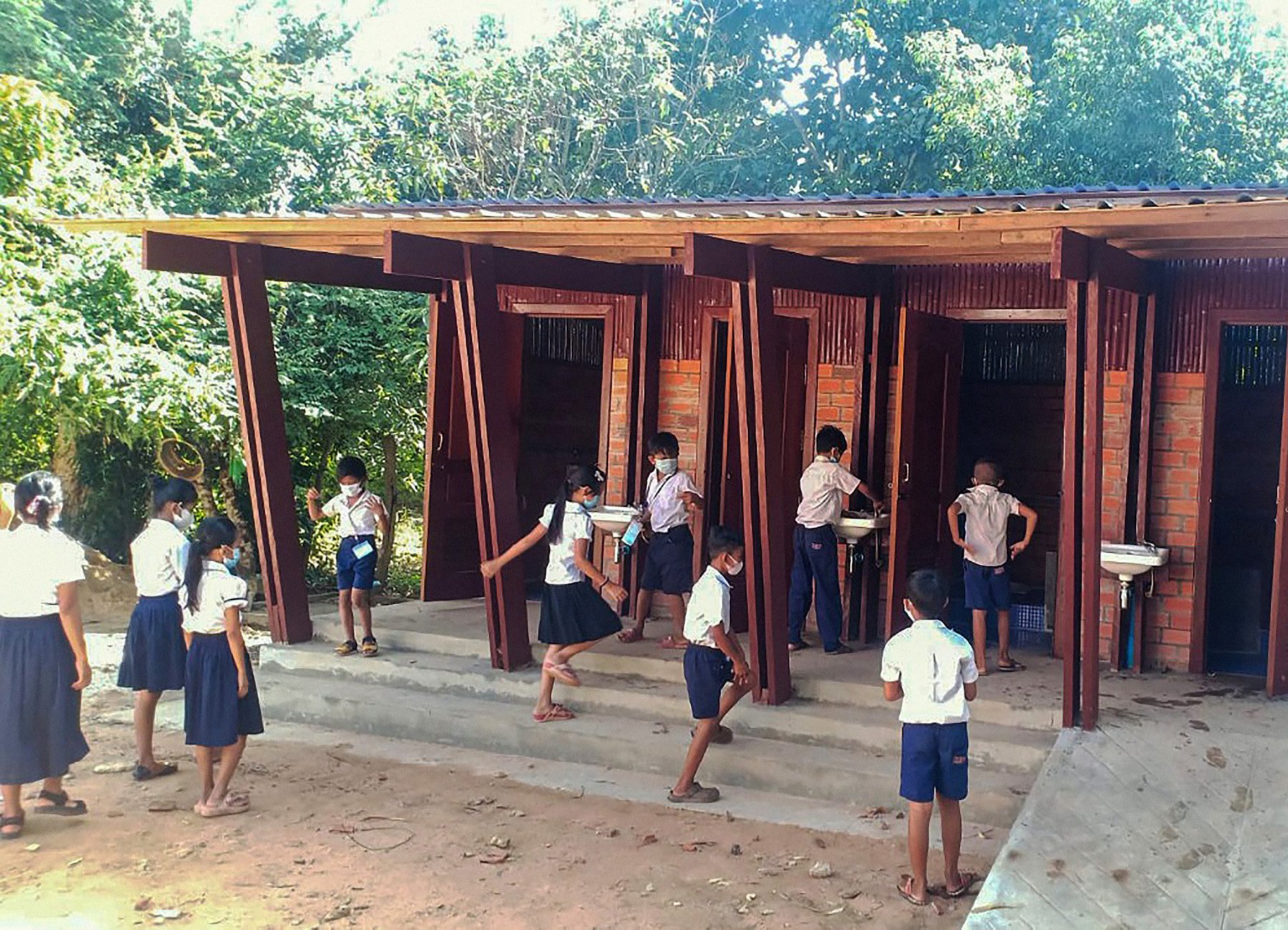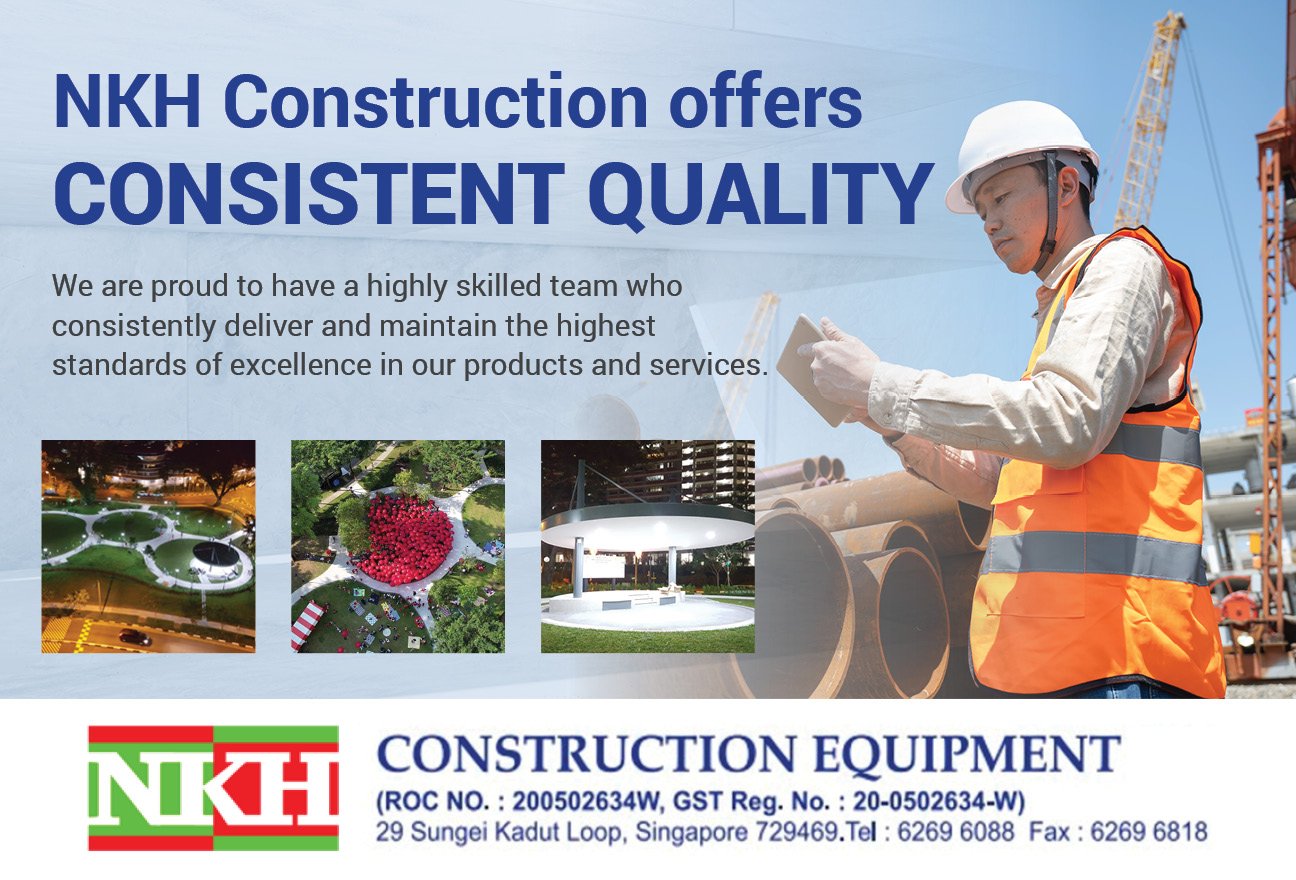A Higher Purpose: Christopher Teo Tuck Luen
Christopher Teo Tuck Luen’s mission to enhance the lives of people brought him to a company that shares his passion. Now, as Director at AWP Architects, he is ensuring the next generation can continue this important work.
The natural light streaming in from the skylight above the crematorium where his grandmother was being farewelled touched Christopher Teo Tuck Luen, then a teenager, in more ways than one.
More than creating a peaceful setting to say his goodbyes, it also revealed to him the impact a building has on important moments of our lives. It was at that very moment that his passion for architecture took seed.
"It was the first time I had ever felt a spiritual connection with the space I was in – how the natural light filters in from above, how the scale and proportion of the hall dignifies the occasion and how the texture and touch of the chosen architectural materials stands to offer warmth and solace," he recalls.

"Architecture has the ability to inspire and really enhance our experiences."
"It made me realize that architecture has the ability to inspire and really enhance our experiences."
Inspired by this formative moment, Teo graduated from Singapore Polytechnic with a diploma in architectural technology, before heading to Australia and earning a degree in architecture from the University of Newcastle in 2006, graduating with honors. Upon his return to Singapore, he joined Alfred Wong Partnership (AWP) Architects as an architectural assistant and steadily worked his way up to become a shareholding director of the firm in 2017.
Building Blocks
The legacy of AWP Architects Founder Alfred Wong is a defining factor binding Teo to the firm. Having helped to lay the foundations of modern Singapore, from schools to industrial buildings and offices, Wong kept the company at a manageable size to have better control over the quality of our architecture, Teo explains.
"We did not take the path of companies of a similar era which grew into multidisciplinary practices. He remained steadfast to his passion for architecture and has maintained that since then for 70 years," Teo says of Wong.
The people-centric culture is another element of AWP Architects’ signature approach, with the company committed to developing the next generation of architects.
"We spend a lot of time conducting sessions where we share the wealth of knowledge from our senior directors," Teo says. "Much of our staff has been with us for more than 20 years, even up to 40 or 50 years in some cases.

Advertisement
"So we see all of our colleagues as family members. We grow their life, their career and profession together as a company. That’s who we are, and it’s this people-centric culture at AWP that keeps me there today."
Contributions to communities both nearby and overseas also form a critical strand of the company’s DNA, with a strong association with the Rotary Club – a global network of leaders dedicated to high ethical values and community service. As one of the projects under the tie-up, Teo and his team visit local nursing homes to offer both nutritious meals and much-needed companionship.
Serving as President of the Rotary Club of Shenton from 2015–2017, Teo has also worked on numerous pro bono sanitation projects at schools across Cambodia, as well as on the Bike to School Project, all designed to boost attendance.
"We share this constant belief that we should, as architects, give back to society. This value keeps us going as a company," he says. "Despite our busy schedules and impending deadlines we face as architects, we always find time to use our profession to serve and contribute to the community."
Bringing People Together
The cultural challenges faced during the COVID-19 pandemic have spilled over into the post-pandemic world, however, with people now accustomed to the comfort of remote work zones Teo likens to silos.
"We want to break that and engage people a little bit more," he says.
The sharing sessions that help instill the company culture across the team play a part in achieving this initiative, but so too is AWP Architects’ embrace of the digital age, with the company building its strength in science and technology projects.
Now a leader in data center design, it delivers solutions that meet the complex requirements of this fast-evolving industry. It is also at the forefront of Bio Safety Level 3 laboratory design. Together with mechanical and electrical engineering partners, AWP Architects is "leveraging a deep understanding of scientific processes, regulatory standards and technological advancements", Teo says.
Its ability to fuse modern concepts with traditional design aesthetics has seen upgrading projects become another important part of its offering, breathing new life into old spaces and minimizing environmental impact at the same time. Over the last decade, the firm has completed more than 50 upgrading projects.
"The implementation of successful upgrading projects requires experienced and trustworthy construction firms with in-depth knowledge of its challenges," he says.
"We share this constant belief that we should, as architects, give back to society."
While its efforts in these areas will continue to drive AWP Architects forward, regional expansion is also of growing importance, Teo explains.
"Working from home is as good as working from anywhere. So over the past five years, we have grown our presence in Indonesia, Philippines, India and are now looking at potential opportunities in Vietnam and Malaysia, to really tap into the multi-regional talent pool so that we can work together as an international entity," he says.
"With the experience that we have gained over our 70 years in Singapore, growing from a developing company to where we are today, we are able to share our experience regionally and diversify our resources."
As the company spreads its legacy across South-East Asia, Teo remains connected to his initial motivation for joining the industry: working predominantly on local government projects that he says "enhance and improve the lives of people" as opposed to the big dollar-driven development projects.
"It’s really what keeps me going," he says.